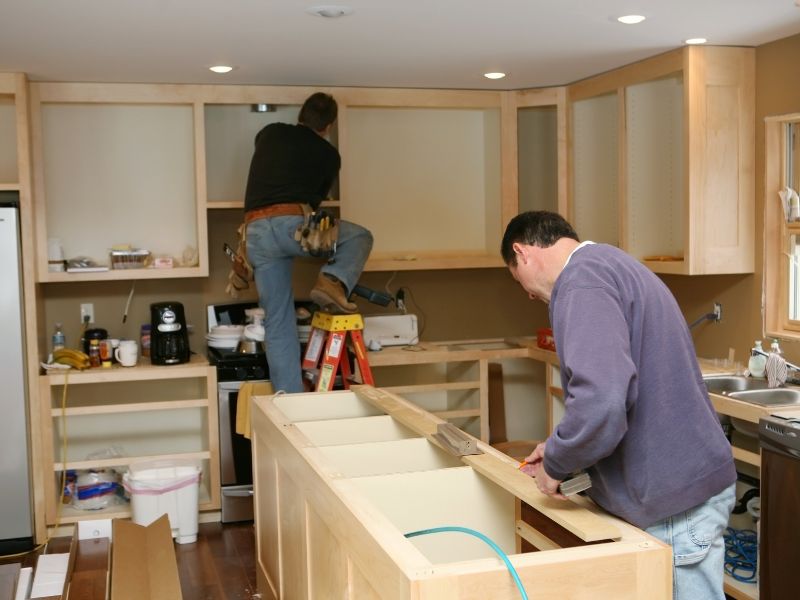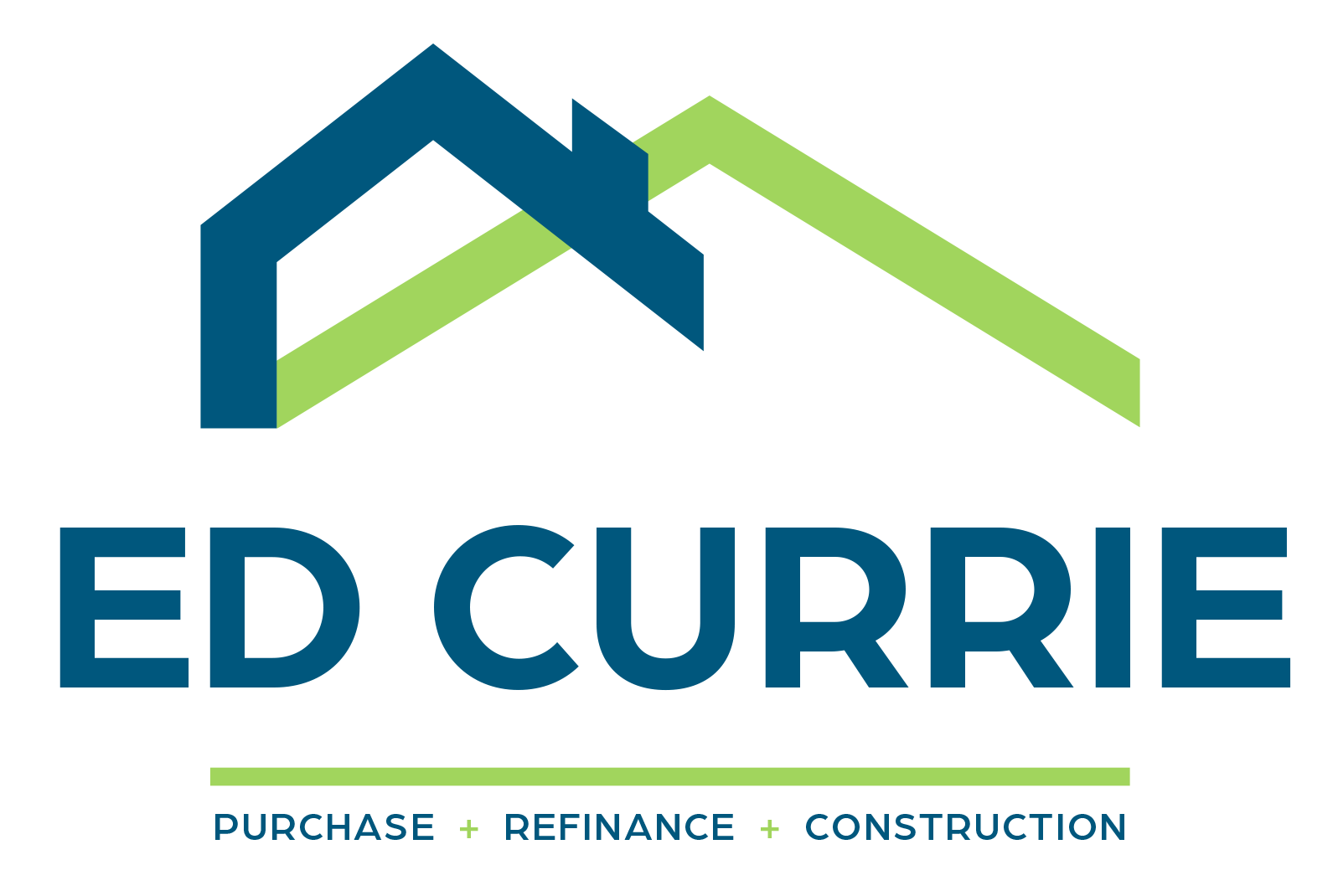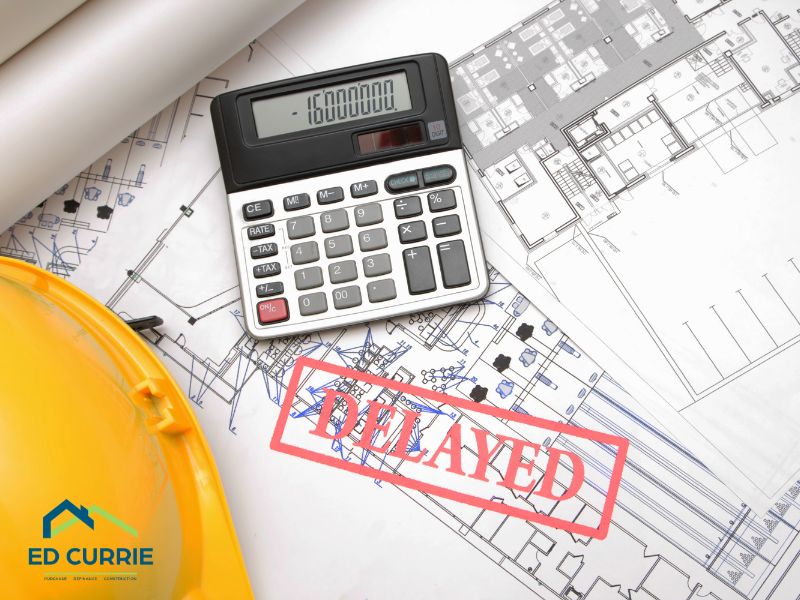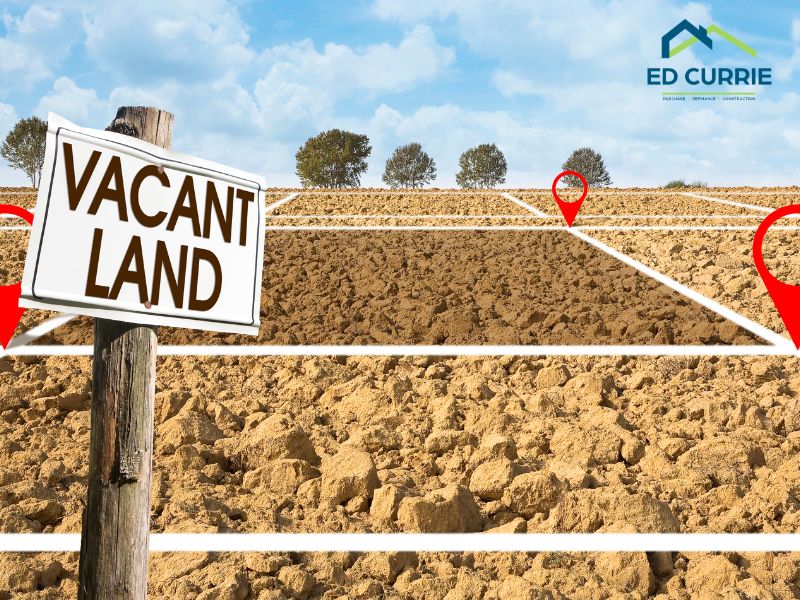Starting a kitchen construction project is exciting and can dramatically enhance the functionality, look, and feel of your home. However, thorough preparation is key to ensuring the process goes smoothly and the results meet your expectations. Here are important steps to get ready for kitchen construction:
- Secure a Construction Loan Before starting any construction, ensure you have the necessary funds. Applying for a construction loan can provide you with the financial resources needed to cover the costs of materials, labor, permits, and any unforeseen expenses. Consult with your bank or a financial advisor to explore your options and get pre-approved for a loan.
- Set a Clear Budget Once your financing is in place, establish a clear budget. Consider all potential expenses, including materials, labor, permits, and unexpected costs. A well-defined budget helps prevent overspending and keeps the project on track.
- Plan Your Design and Layout Work with a professional designer to plan your kitchen layout. Think about the workflow and how you use your kitchen daily. Key considerations include the placement of appliances, storage spaces, countertops, and the kitchen triangle (the optimal distance between the stove, sink, and refrigerator).
- Choose the Right Materials Select high-quality materials that suit your style and budget. This includes cabinets, countertops, flooring, and backsplash. Durable materials ensure longevity and reduce future maintenance costs. Don’t forget to consider energy-efficient appliances to save on utility bills.
- Hire a Reputable Contractor Research and hire a reputable contractor with experience in kitchen construction. Check reviews, ask for references, and ensure they are licensed and insured. A good contractor will manage the project efficiently and address any issues that arise.
- Obtain Necessary Permits Check with your local building authority to determine if you need any permits for your kitchen construction. Obtaining the necessary permits ensures your project complies with local building codes and regulations.
- Prepare a Temporary Kitchen During construction, your kitchen will be out of commission. Set up a temporary kitchen in another part of your home. Include essential appliances like a microwave, toaster, and mini-fridge. Plan simple meals and stock up on disposable plates and utensils to minimize inconvenience.
- Clear Out the Kitchen Area Before construction begins, clear out the kitchen area completely. Remove all appliances, dishes, and personal items. This not only protects your belongings from dust and damage but also provides the contractors with a clean slate to work with.
- Communicate Your Expectations Have a detailed discussion with your contractor about your expectations and timeline. Regular communication throughout the project ensures everyone is on the same page and helps address any concerns promptly.
- Prepare for Noise and Dust Kitchen construction can be noisy and dusty. Seal off adjacent rooms with plastic sheeting to contain dust and consider scheduling construction during times when it will be less disruptive to your household. Construction projects often encounter unforeseen issues. Stay flexible and patient, understanding that delays and changes can happen. Trust the process and keep your end goal in mind—a beautiful, functional kitchen. By following these steps, you can prepare effectively for your kitchen construction project, ensuring a smoother process and a successful outcome.

Starting a kitchen construction project is exciting and can dramatically enhance the functionality, look, and feel of your home. However, thorough preparation is key to ensuring the process goes smoothly and the results meet your expectations. Here are important steps to get ready for kitchen construction:
- Secure a Construction Loan
Before starting any construction, ensure you have the necessary funds. Applying for a construction loan can provide you with the financial resources needed to cover the costs of materials, labor, permits, and any unforeseen expenses. Consult with your bank or a financial advisor to explore your options and get pre-approved for a loan. - Set a Clear Budget
Once your financing is in place, establish a clear budget. Consider all potential expenses, including materials, labor, permits, and unexpected costs. A well-defined budget helps prevent overspending and keeps the project on track. - Plan Your Design and Layout
Work with a professional designer to plan your kitchen layout. Think about the workflow and how you use your kitchen daily. Key considerations include the placement of appliances, storage spaces, countertops, and the kitchen triangle (the optimal distance between the stove, sink, and refrigerator). - Choose the Right Materials
Select high-quality materials that suit your style and budget. This includes cabinets, countertops, flooring, and backsplash. Durable materials ensure longevity and reduce future maintenance costs. Don’t forget to consider energy-efficient appliances to save on utility bills. - Hire a Reputable Contractor
Research and hire a reputable contractor with experience in kitchen construction. Check reviews, ask for references, and ensure they are licensed and insured. A good contractor will manage the project efficiently and address any issues that arise. - Obtain Necessary Permits
Check with your local building authority to determine if you need any permits for your kitchen construction. Obtaining the necessary permits ensures your project complies with local building codes and regulations. - Prepare a Temporary Kitchen
During construction, your kitchen will be out of commission. Set up a temporary kitchen in another part of your home. Include essential appliances like a microwave, toaster, and mini-fridge. Plan simple meals and stock up on disposable plates and utensils to minimize inconvenience. - Clear Out the Kitchen Area
Before construction begins, clear out the kitchen area completely. Remove all appliances, dishes, and personal items. This not only protects your belongings from dust and damage but also provides the contractors with a clean slate to work with. - Communicate Your Expectations
Have a detailed discussion with your contractor about your expectations and timeline. Regular communication throughout the project ensures everyone is on the same page and helps address any concerns promptly. - Prepare for Noise and Dust
Kitchen construction can be noisy and dusty. Seal off adjacent rooms with plastic sheeting to contain dust and consider scheduling construction during times when it will be less disruptive to your household.
Construction projects often encounter unforeseen issues. Stay flexible and patient, understanding that delays and changes can happen. Trust the process and keep your end goal in mind—a beautiful, functional kitchen. By following these steps, you can prepare effectively for your kitchen construction project, ensuring a smoother process and a successful outcome.




![EdCurrie_Logo White[Transparent] EdCurrie_Logo White[Transparent]](https://edcurrie.com/wp-content/uploads/elementor/thumbs/EdCurrie_Logo-WhiteTransparent-qybu3sjgpfhje9098uitv7fpt7os2hgn52gfy6ocx4.png)